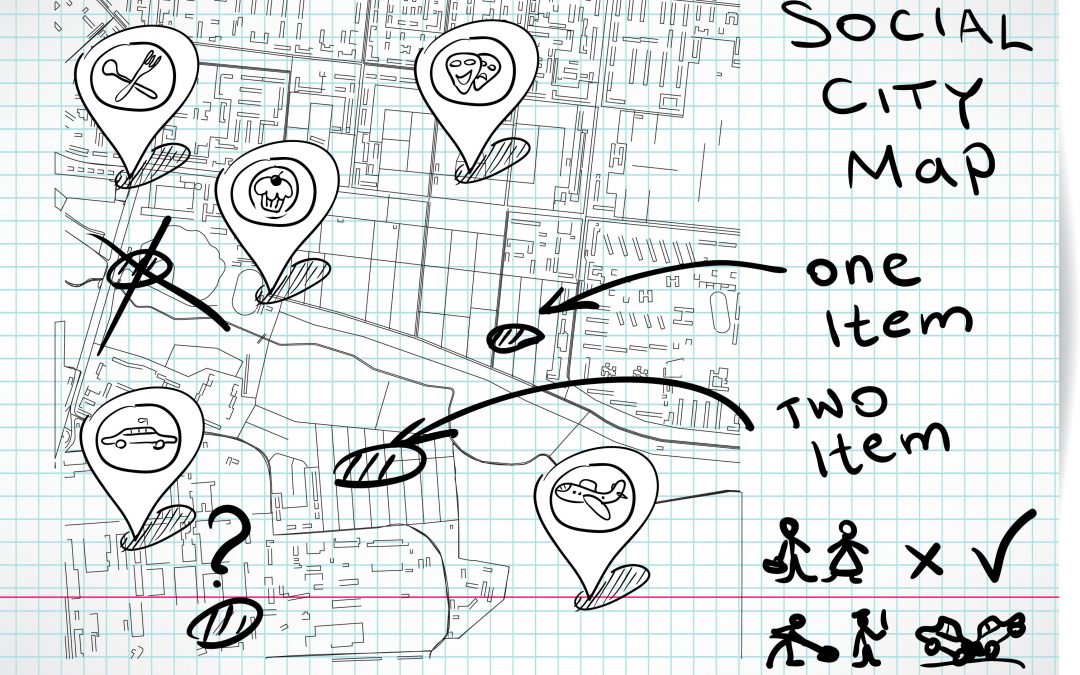 Are you working long hours, food shopping for the family on your lunch break, scheduling sports and leisure activities for any free time, looking to upgrade your technology, car, life? Our culture of ‘do it now’ ‘work for more’ ‘make it better’ seems thoroughly modern, but human cultures have been here before. Remember the story of Pharaoh in the time of Moses, he was always needing things to be bigger and better. This included more and more bricks, produced by Hebrew slaves, without being given straw, without having any rest. That pharaoh had an insatiable appetite, his life and culture were defined by endless consumption and production.
Are you working long hours, food shopping for the family on your lunch break, scheduling sports and leisure activities for any free time, looking to upgrade your technology, car, life? Our culture of ‘do it now’ ‘work for more’ ‘make it better’ seems thoroughly modern, but human cultures have been here before. Remember the story of Pharaoh in the time of Moses, he was always needing things to be bigger and better. This included more and more bricks, produced by Hebrew slaves, without being given straw, without having any rest. That pharaoh had an insatiable appetite, his life and culture were defined by endless consumption and production.
In this situation, God intervened, freed the people from slavery, gave them bread sufficient for the day, and amongst other commandments, gave them the Sabbath law. As Brueggemann highlights, God’s rule is in contrast to Pharaoh’s rule because it includes rest and the rejection of always seeking more, it consciously breaks with the system of production and coercion.
So back to our times. A Christian family in America kept a record of their own experiment with Sabbath observance published in a book named ‘Sabbath in the Suburbs’. They asked and sought to answer lots of questions during the year including ‘what is rest and what is work?’ Admittedly these are complicated questions for parents of three children under eight years old. They found that a key to responding to these questions was to seek to embrace the concept of Sabbath so that keeping it was an imaginative exercise not a technical one. As MaryAnn McKibben Dana writes
Sabbath isn’t really about rest and rejuvenation at its core. That’s sometimes a by product but not the primary purpose. The primary biblical purpose as I see it is to put away the idol of control and power and a sense that we run the show. We do not.
Brueggemann highlights this point when he writes of what he has learnt from his Jewish dialogue partners. The practice of stopping for Sabbath rest reinforces awareness that life and creation is a gift of God. It is therefore a resistance of current cultural norms including the incessant desire for consumption and the restlessness that goes with this. It is resistance of the 24/7 achieving and performing in order to possess more and better things.
Sabbath is an alternative that highlights our awareness that we are on the receiving end of gifts from God. This is contrary to our societal norms thus making the keeping of Sabbath the hardest commandment. It requires that we surrender control and self importance, anxiety and coercion. It is an act of belief in a God who creates, liberates and gives, and who requires us to receive and rest.
At LCI groups Mary and Martha Meet, and Lunchtime Conversations, we have been exploring this understanding of Sabbath as resistance. Can you imagine keeping the Sabbath?


Very challenging ideas about Sabbath and saying no.
In the last few years with austerity and pressures on employment many people have had to put up with worsening conditions and terms of work and putting up with workplace bullying. Some families have ended up working slavishly as the recent arrests in Thameside have shown. Standing up for those who are vulnerable and find it hard or impossible to say no is part of our Christian vocation.
Sabbath and its ethical balance is a gift to us all and we all have a responsibility towards it.
Perhaps that can be be part of our hopes and resolutions for 2015.
A wonderful reflection. I’d love to know more of how peopel use Sabbath as”imaginative” not “technical” exercise. Sabbath is so often associated with legalism, and this writing jumps us off that tramline, to think about God’s abundance and our letting go of power and control. It links to my thoughts on our next Wild City Retreat, coming up this Saturday. I was in the garden early this week, wondering if I could do any clearing up jobs. I was caught short by the (obvious) realisation that this was deep winter, the ground was frozen solid, and there was absoultely nothing I could “do”. This is the season of hibernation, rest, everthying pared back to bare bones. All I could do was enjoy the weak sunshine on frosty twigs, birdsong, and reflect on the sulptural structure of the space. Nothing like living with a garden, to appreciate the rhythms of scarcity and abundance, work, Sabbath and time out for reflection!